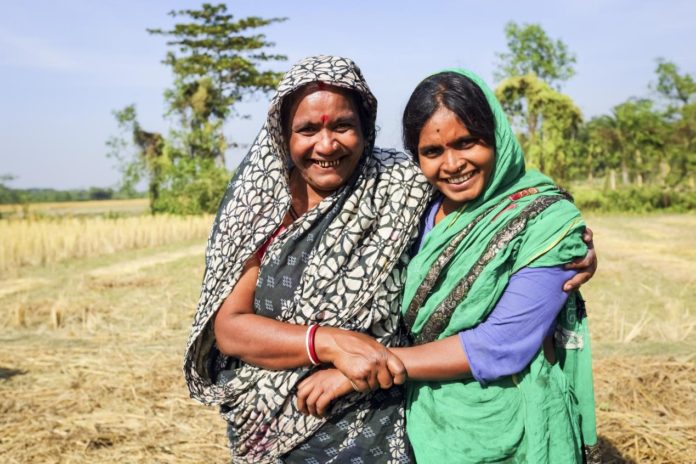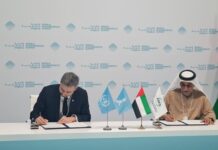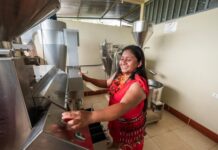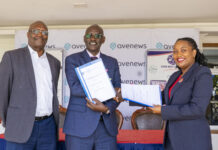We need a significant boost in investments to close the gender gap otherwise rural communities will never bounce back from the impacts of climate change, warned Gilbert F. Houngbo, the President of the International Fund for Agricultural Development (IFAD).
A body of research gathered over the last decade shows that rural women are more vulnerable to the effects of climate change and more likely to die as a result of natural disasters than men. This, in turn, deepens gender inequalities, creating a vicious circle.
“As long as gender inequality continues, climate change will ravage rural communities. They will only become more resilient to unpredictable weather if women are empowered to make decisions and access the resources they need to adapt to climate change,” said Houngbo on the occasion of the International Day of Rural Women. “The international community needs to step up its funding and commitment to tackling this.”
Agriculture, the sector in which rural women overwhelmingly work, is hardest hit by the effects of climate change. Women make up the majority of the world’s poor, and are disproportionately dependent on scarce natural resources, leaving them particularly vulnerable to weather changes and natural disasters.
A 2016 UN study revealed that 80 percent of people displaced by climate change were women. Other studies have shown that catastrophic events result in more women being killed than men. In countries with more socioeconomic gender equality, this disparity is significantly reduced.
While women represent almost half of the global agricultural workforce, they do not get a fair share of the assets, resources and services needed to earn a decent living nor adapt to climate change. They have less access than men to land, finances, agricultural inputs, training and technologies to help them manage climate-related shocks. Very often their decision-making power in their communities and families is very limited, which means that they are not involved in the decisions about responses to climate change.
“Women are the bedrock of rural communities. They tend to respond to challenges with innovativeness and resourcefulness to ensure the well-being of their families, and they can play a vital role in managing climate risks,” said Houngbo.
IFAD integrates gender empowerment into its projects and programme to increase the resilience of rural communities and limit the impact of climate-related shocks.
One of its successful approaches is a unique methodology called the Gender Action Learning System which uses visual materials to help women and men think about their current life situations and plan their future. This has significantly transformed communities and improved gender relations within the family. IFAD is incorporating climate change issues into this approach so that women and men jointly identify challenges and solutions to increase their adaptive capacities.
On the International Day of Rural Women, IFAD will be celebrating rural women and girls, and awarding achievements of projects that have promoted gender equality.15 October, 14:30 CET, register here








